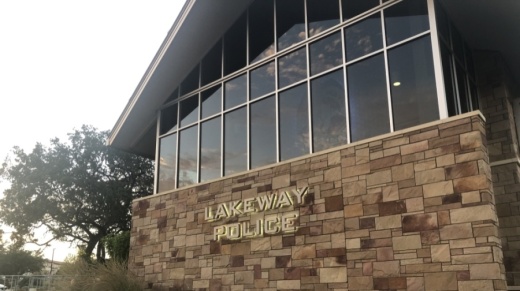In a nutshell
The policy includes the type of information that will be gathered or searched, the rules for data retention, data access restrictions, data sharing guidance, privacy considerations and audit requirements, according to city documents.
The specifics
The LPR system will collect license plate and vehicle images along with metadata—time, date and geographic coordinates. According to city documents, the data will only be searchable for public safety-related investigations involving:
- Locating and recovering missing and endangered persons
- The detection, investigation and/or prosecution of criminal activity above a Class B misdemeanor
The collected data will only be shared with other law enforcement agencies and will not be shared with other third parties, unless required by law, according to city documents.
Additionally, the data will only be accessed by LPD personnel who have acknowledged the policy and were trained on the LPR system as well as data management, according to city documents.
The backstory
City Council approved the LPR pilot program concept at the Nov. 20 meeting but needed to adopt a policy to govern the use of LPR technology and data management collected by the system, according to city documents.
What’s next?
LPD will activate the LPR technology in their Axon Fleet 3 Mobile Video cameras and will begin acquiring the LPR technology that will be used as a fixed or portable system, according to city documents.
City Council requires LPD to return for a policy review in December with the approved motion at the March 4 meeting.





